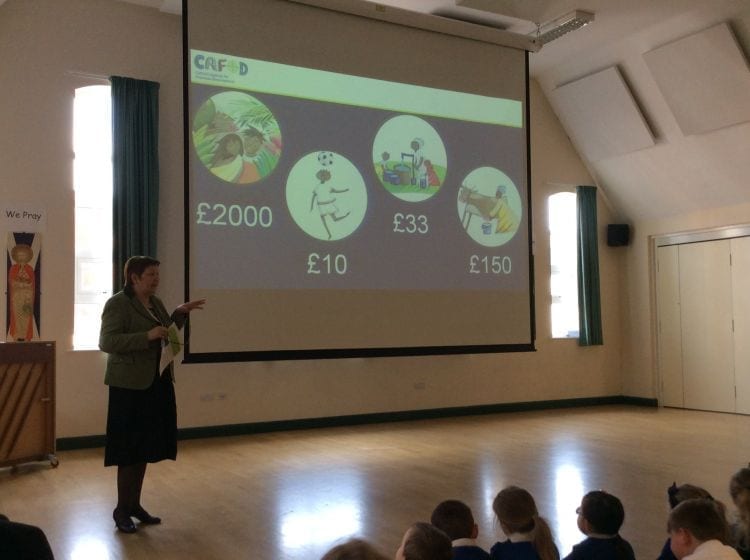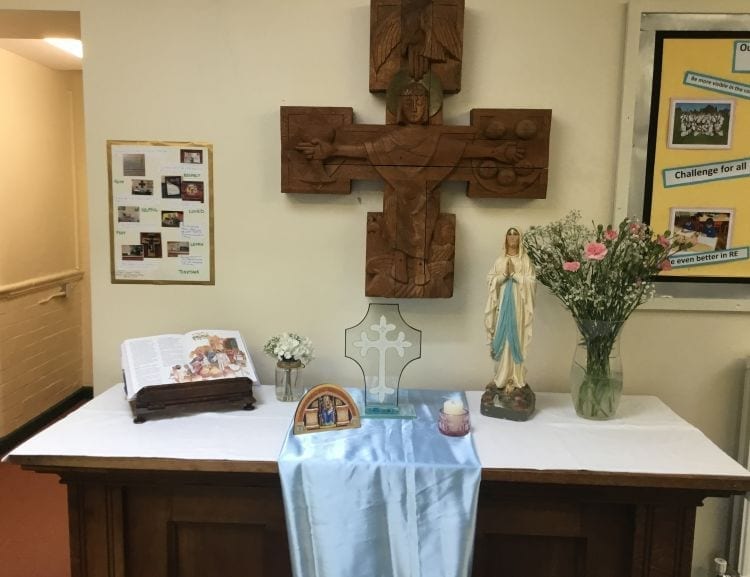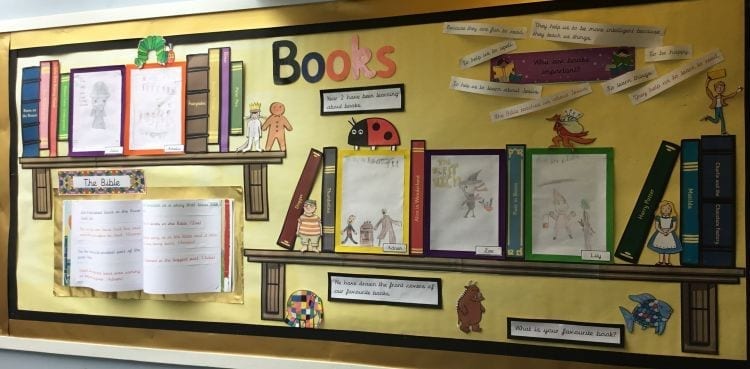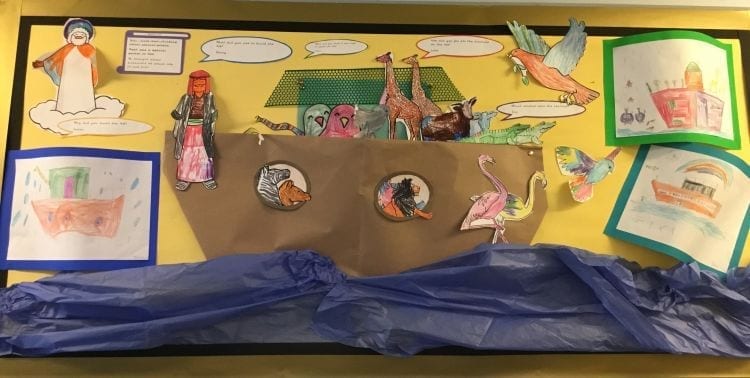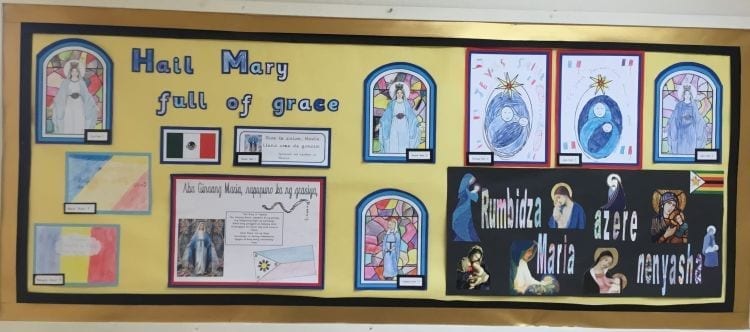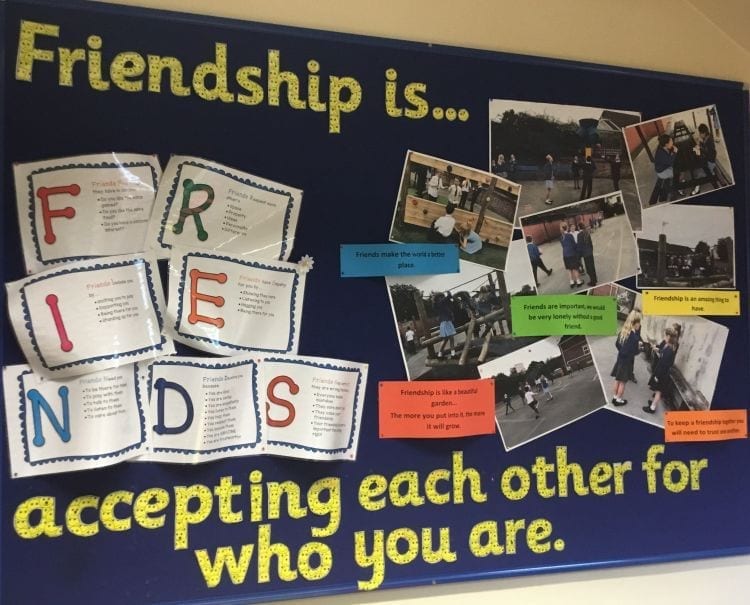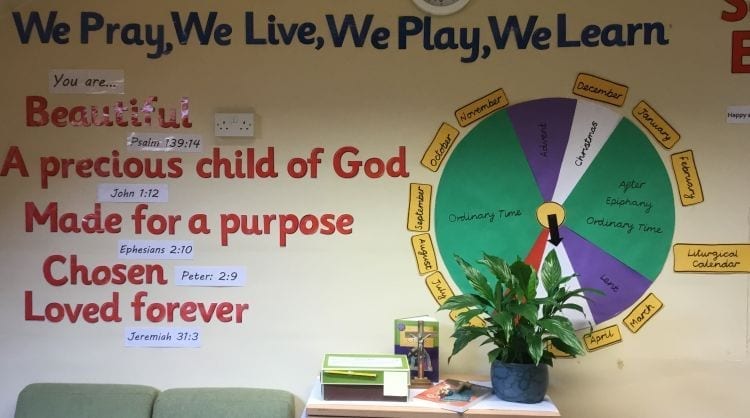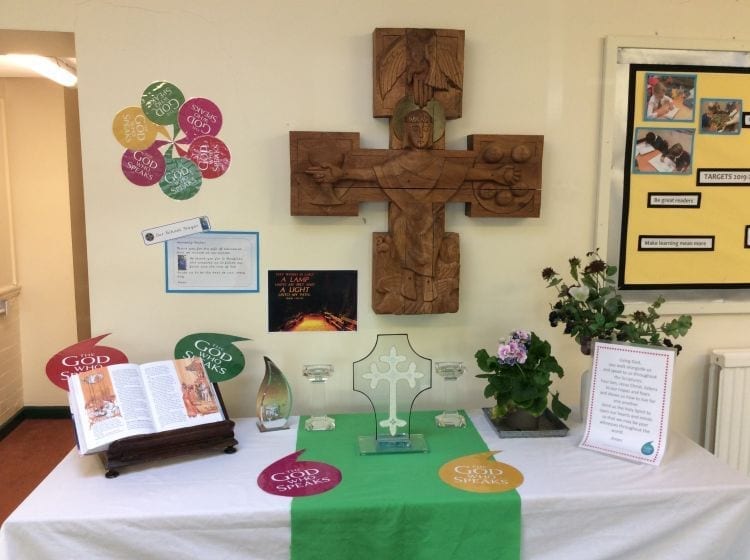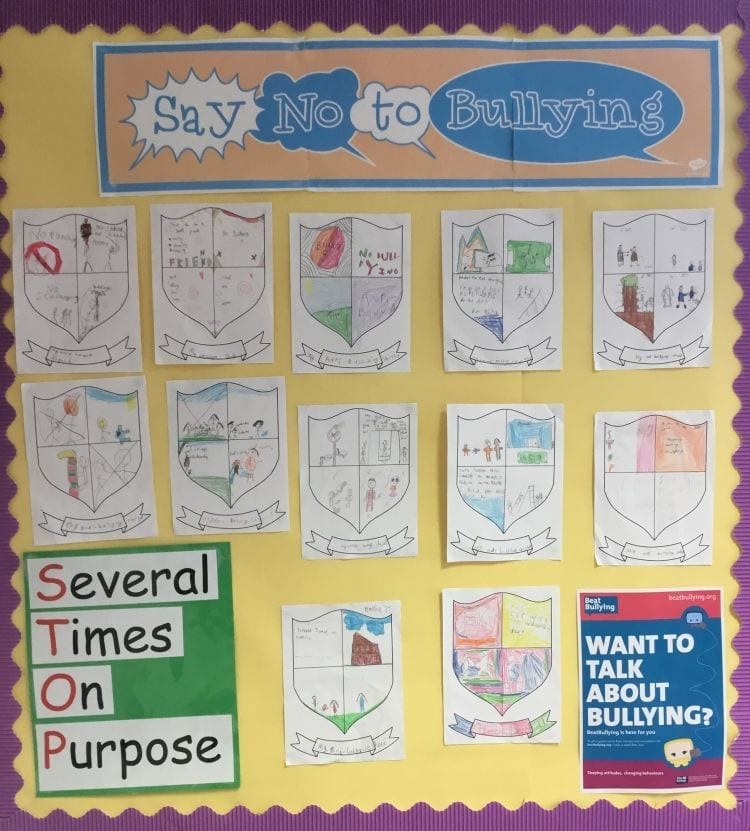Why do we study Religious Education?
The Religious Education curriculum at St. Winefride’s aims to provide a solid foundation in the Catholic faith, encouraging students to deepen their understanding and communicate their beliefs with confidence. It promotes curiosity by inviting students to explore challenging questions while critically engaging with the Church’s moral and social teachings in relation to contemporary society. The curriculum fosters respect for other religious traditions, linking Religious Education with other subjects and allowing pupils the chance to study other faiths. It also develops students’ ability to apply their faith to daily life, encouraging them to think critically about their faith and big issues in our world. The curriculum also allows plenty of opportunities for personal reflection allowing pupils a personal response to their faith. With a commitment to inclusivity, the program ensures all students, including those with Special Educational Needs (SEND), have access to a supportive learning environment that allows them to flourish. Our Religious Education curriculum strives to ensure that all of our pupils are compassionate, spiritually enriched individuals ready to live out their faith in service to others and in harmony with the wider world

